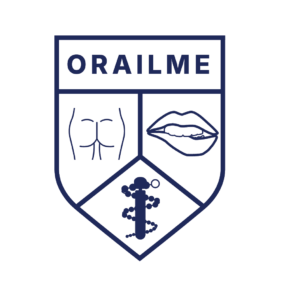Counsel at Nixon Peabody LLP and past Deputy Assistant Secretary of the United States Department of Education’s Office for Civil Rights Art Coleman presented “Diversity, Affirmative Action and the University of Michigan,” Tuesday in Hubbell Auditorium.
The lecture, sponsored by the College Diversity Round Table, focused on dissecting the specifics of the University of Michigan lawsuits against its affirmative action-based admissions policy.
The two cases, Grutter v. Bollinger, against the law school admissions policy and Gratz v. Bollinger, against the undergraduate admissions policy, both bring up similar complaints as the 1978 Bakke case which ended with a broad, unclear statement from Supreme Court Justice Lewis Powell.
“This is a sensitive subject which is loaded with emotion. Today I would like to remove the politics, clear up the rhetoric and take out the emotion so that we can get to the bottom of this case,” Coleman began.
Coleman reviewed the fundamentals behind the race-influenced admissions policy as well as the main overview of affirmative action.
“Affirmative action is a bad label and it doesn’t apply to what is going on right now,” Coleman said. “Any federally funded public institution that bases their admissions on race or ethnicity is subject to a legal term called ‘strict scrutiny,’ meaning that the school brings upon itself a legal requirement and burden to be carefully questioned.”
According to Coleman, there is much controversy concerning the reasoning behind the admissions process as well as its necessity. Coleman stressed the differences between the need for race-based admissions in order to remedy the unjust racial discrimination of the 1960s, and the University of Michigan’s explanation that a diverse student body is crucial to a successful education.
“The University of Michigan supports the educational benefits of diversity to better attain our educational goals. There are several questions posed – What is the impact on other non-favor candidates? How flexible is the consideration? What is a successful education?” he said.
In his dissertation, “Sharpen the Rationale for Diversity,” which was handed out during the lecture, Coleman mentions the past failures of public universities to state their reasoning for race-based admissions and emphasized the fact that a diverse student body is generally accepted as a valid education- related goal.
“The tides that appear to be turning against the use of race in admissions do not constitute a legal tsunami that will purge all uses of race in admissions decisions,” he said.
“This is notwithstanding the recent federal court ruling that called the University of Georgia’s admissions program ‘naked racial balancing’ and prevented the institution from using race as a factor in admissions decisions.”
Through the words of Powell, a diverse student body promotes the “atmosphere of speculation, experiment, and creation,” that is “so essential to the quality of higher education.”
“It is important to recognize different opinions and values, saying ‘oh, I never thought about it that way.’ We are here to create a ‘robust exchange of ideas,’ which is specifically what Powell said, which is the fundamental interest behind higher education,” Coleman explained.
Approximately 50 Rochester citizens, UR students and faculty participated in a question period following the half-hour lecture.
Several students asked questions referring to the transferability of the case decision, expected the last week of June, to the policies of the workforce and military academies.
“I have studied the case Bakke and the whole concept of affirmative action in my philosophy class ‘Moral Problems – Racism and Sexism.’ I think that the issue is multi-faceted but they are good measures and good social policy. The question of constitutionality and legality is separate,” freshman Arnab Datta, who attended the lecture, said.
“You can make a case for it being reverse discrimination, but I don’t feel that is the way that University of Michigan has implemented their admissions processes.”
Welzer can be reached at bwelzer@campustimes.org.

